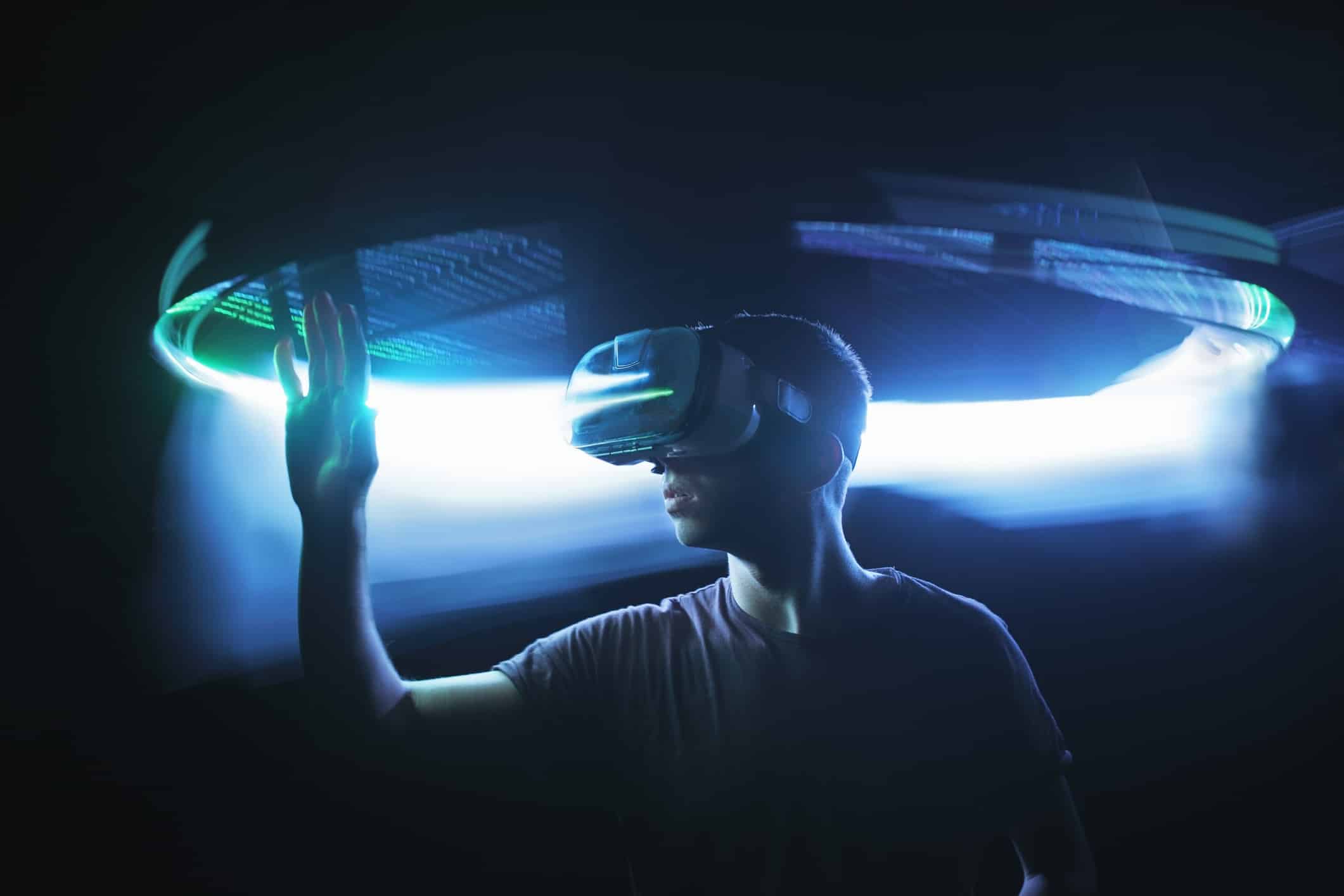In an interview, Kulmeet Bawa, president and managing director, SAP Indian Subcontinent, talks about the company’s focus on the metaverse, its early adopters, and its strategy to tap into the small and medium business (SMB) market
German technology major SAP launched its metaverse initiative to accelerate cloud adoption among Indian enterprises in June. In an interview, Kulmeet Bawa, president and managing director, SAP Indian Subcontinent, talks about the company’s focus on the metaverse, its early adopters, and its strategy to tap into the small and medium business (SMB) market. Edited excerpts:
What drove your decision to launch the metaverse initiative in India?
The metaverse is the future. It represents the current experience economy, providing an immersive, interactive avenue like never before. SAP has built a whole network of ‘Experience Centres’ globally to bring our solutions to people in the best way possible. By leveraging the metaverse, we at SAP hope to revolutionize various elements of our customer experience and build a network of sustainable cloud companies within a truly digital universe.
We recently launched an immerse, experiential “cloud on wheels” platform aimed at accelerating cloud adoption among Indian enterprises. Designed to engage digital-first audiences, this platform will enable customers across phases of their digital transformation to experience the full range of ‘Rise with SAP’ offerings and enable them to reimagine processes for improved business outcomes. We have traditionally been applying digital twin technology to help customers gain insight into and predict real scenarios. Now by expanding into the metaverse, we aim to introduce measures to support digital B2B services such as state-of-art technologies like ‘Rise with SAP’, SAP’s Digital Core, Procurement, Customer, and People Experience solutions.
Finally, we believe metaverse is a great opportunity for enterprises to explore new use cases. We will, therefore, continue to conceptualize the potential impact of this new concept on our business, including identifying existing workstreams, defining goals and processes, etc.
What are the early signs of metaverse adoption in India? Which sectors are showing early interest?
A recently published report stated that India ranks fifth in terms of interest in metaverse projects. Some of this interest could be attributed to a young population, growing domestic consumption, a vibrant startup ecosystem, and a large tech talent pool. In terms of sectors, the gaming industry dominates the adoption of the metaverse, followed by the technology and retail industry.
In the last few months, we have also seen young consumers get more creative in their own lives. For example, a couple from Tamil Nadu who got married on the metaverse was in the news. With time, the interest and applications of the technology will only increase.
Therefore, it is crucial that Indian enterprises ready themselves for emerging opportunities in the metaverse space, backed by a skilled workforce and relevant service offerings.
What is your strategy to tap into the SMB segment in India?
The SMB segment already accounts for about 80% of our customer base in India. We have invested ₹500 crore to localize our multi-cloud strategy to help Indian businesses become more resilient. Our multi-cloud strategy aims to help our customers enjoy the benefits of our platform on their choice of cloud infrastructure. The goal is to provide rapid innovation while providing flexibility – like cloud vendor of choice, a larger network of available regions, reliability through hyper-scale infrastructures and capabilities, and agility to our clients. Some of our customers who have adopted these solutions in India include Cera Sanitaryware, Luminous Power, Virescent Infrastructure, Puravankara, WayCool Foods and Products Pvt. Ltd.
What could be the challenges to SAP’s metaverse-led cloud acceleration strategy?
As is the case with any new and emerging technology, each opportunity comes with certain additional prerequisites and learnings. For example, some use cases may need an extensive physical, technical modern digital infrastructure, from VR headsets to other types of devices that augment the experiences. For a more comprehensive and holistic experience, huge amounts of data must be produced. Real-world computing and storage power directly influences the size and extent of the metaverse. And this means going beyond mere technical migration. That said, the metaverse is where SAP India is already observing from a distance. We are committed to enabling our customers to adjust their businesses to today’s environment, adopt modern processes and increase automation through intelligent technologies.
This article was originally published in Mint.



